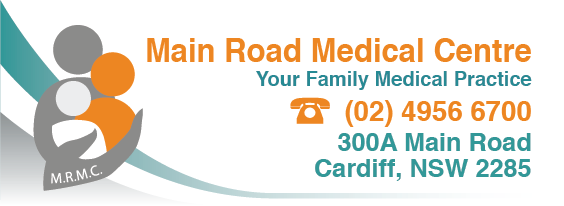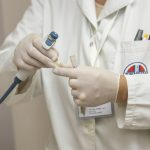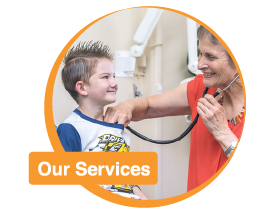With all the news stories of mass outbreaks of diseases around the world, travel medicine is becoming a strong focus for doctors. At our practice, we encourage people to present for an appointment as early as they can prior to travel. We discuss the potential health risks for the countries that they’re visiting—this covers infectious diseases, sexual health, and personal safety.
We’ll also discuss with them potential altitude issues, such as deep vein thrombosis (DVT). We may even have a chat with them about registering with government organisations for safety purposes.
We will look at what vaccinations are required, what other medications might be required for travel, provide letters for crossing customs and international arrivals, and provide any follow-up that might be required post-travel.
Big issues in travel medicine
One of the big issues in travel medicine is infectious disease—we hear a lot about the Zika virus, for example, which can cause birth deformities in children born to mothers infected in pregnancy. A doctor can give you practical advice about which countries have Zika and whether you’ll require mosquito protection if you’re of child-bearing age.
Zika might seem like someone else’s problem, but it is common in many of the popular holiday destinations for Australians, such as Indonesia and the South Pacific islands. The concern is travellers returning from a honeymoon planning a family. You need to be cautious within six to 12 months of visiting those locations in deciding to have children.
If a patient does suspect they have the Zika virus, we’ll put them through a range of serological testing (blood tests) and provide the diagnosis. There is no remedy available except for supportive treatment. Usually, it is a relatively mild illness in the sufferer, but the risks to the baby are serious.
We will liaise with them and the public health department for ongoing advice and support for fertility in the future. And if they are currently pregnant, we conduct extra and more specific scans to look for possible outcomes of the Zika virus in the fetus, and we put them in touch with obstetric teams in Newcastle for ongoing pregnancy management. These issues are serious, and this is why travel medicine is such an important part of the preventative practice.
A healthy holiday
Planning a holiday is a long process, but you should definitely plan for a travel check-up and travel medicine as early as you can. Six months prior would be ideal, if you know your plans that far in advance. Courses of vaccinations can take up to six months, and to ensure a patient has adequate time to build an immune response to the vaccines, the earlier they present, the better. If you’re coming in one week out and need four vaccines, which we need to administer two months prior to departure, the vaccines won’t work effectively.
New South Wales Health is recommending measles vaccination for international travel if your measles status is unknown. If you’re pretty sure you’re covered, but not 100 percent, a double-up won’t hurt. Given the measles outbreaks around the world, this is the current recommendation to ensure that travellers are safe.














Sorry, comments are closed for this post.